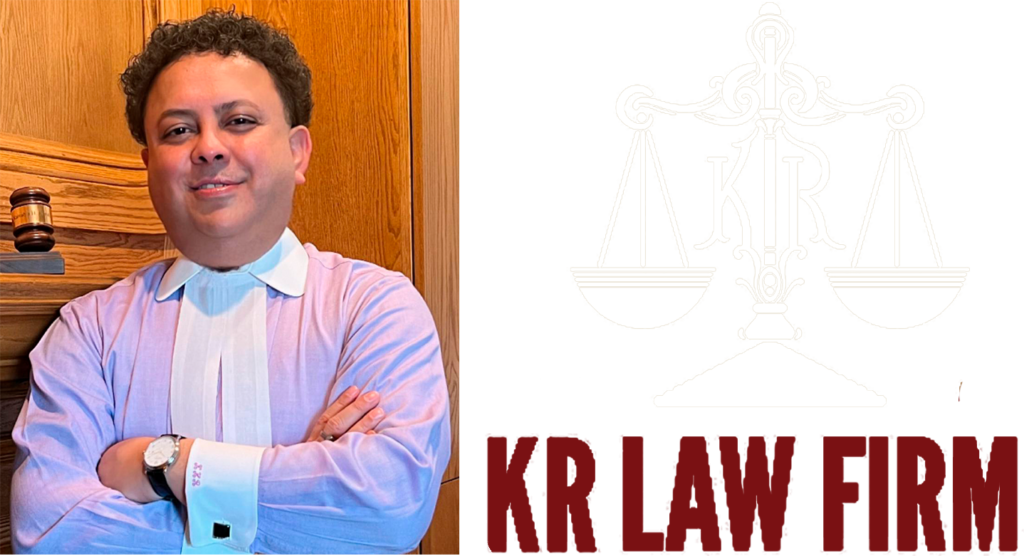EB-4 (Employment based Ministers and Religious Immigrants)
Immigration
EB-4 Visas: Immigrant Employment-Based Ministers and Religious Workers
The EB-4 visa category, also known as the Immigrant Employment-Based Ministers and Religious Workers visa, provides opportunities for individuals seeking employment as ministers or in other religious vocations or occupations in the United States. This visa is designed for those who intend to work in a full-time compensated position within religious organizations or denominations.
In this comprehensive guide, we will explore the eligibility criteria and requirements for obtaining an EB-4 visa, including the nature of religious occupations, qualifying employers, and the necessary documentation for application. Additionally, we’ll discuss the validity of the Permanent Residence card, benefits for family members, jurisdictional processes, and the importance of seeking legal advice from immigration attorneys for personalized assistance.
Whether you’re a religious worker seeking employment opportunities in the United States or a religious organization looking to sponsor foreign workers, understanding the EB-4 visa program is essential. Let’s delve into the details of the EB-4 visa category to help you navigate the process of obtaining permanent residency in the United States.
Eligibility:
EB-4 visas are for individuals who are to be employed as a minister or in another religious vocations or occupations in a full time compensated position. Religious occupations are those that require habitual work in activities of religious significance. This includes but is not limited to religious instructors, missionaries, liturgical workers, cantors, and many more. Applicants must be coming to the United States with the intent to continue to work in their vocation as a minister or religious worker in a full-time compensated position.
Qualifying individuals may be employed by a non-profit religious organization, a tax-exempt religious organization, or a non-profit religious organization that is affiliated with a religious denomination in the United States. For immigration purposes, religious denominations are a group bound by an ecclesiastical governing or administrative body and the members have an agreed upon place of worship, method of worship, and/or set of beliefs.
Requirements and/or Materials:
The USCIS will require documentation and written explanation of the purpose, nature, scope, and activity of the non-profit organization the applicant will work for, as well as the duties and schedule of the religious position offered. Documents should include:
- Evidence of the nature, scope and activity of the non-profit organization and must establish that it qualifies as a non-profit organization
- Evidence that the applicant has been affiliated with the non-profit organization for at least two years immediately before filing the submission; and
- Evidence the applicant is qualified for the position.
The nature, scope, and activity of the sponsoring organization must qualify as a religious organization, the applicant must perform a religious vocation for that organization, and the applicant must have worked in a religious vocation for two years immediately before filing the submission.
Validity:
The Permanent Residence card, itself, expires after 10 years and must be renewed before the expiration date. However, the status of a Permanent Resident does not expire.
In some cases, a conditional permanent resident card is granted, meaning the card expires after 2 years and the green card holder must apply to have the conditions of their status removed by USCIS. After which, their permanent resident card will be valid for 10-year periods.
Family Members:
Spouses and children under 21 are derivative beneficiaries of an approved I-140 petition.
Jurisdiction:
EB-4’s are processed directly with USCIS. I-140’s are subject to priority dates. After the approval of the I-140 petition, the applicant can chose whether to adjust their status within the US or to conduct consular processing overseas.
Remember that each case is unique. To find out whether you qualify for this visa, please contact our law firm and set up an appointment.

